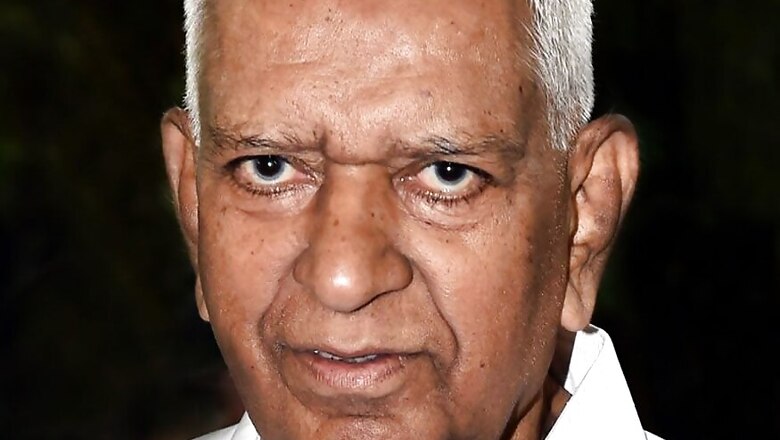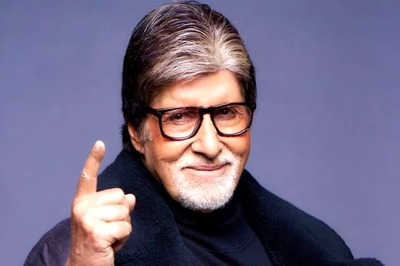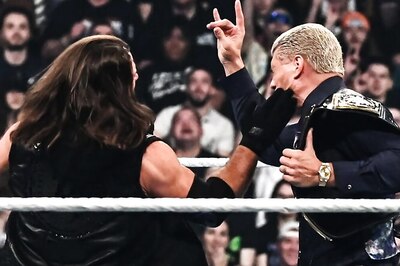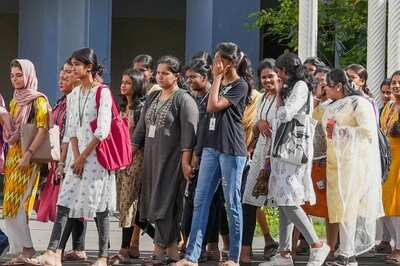
views
The question is whether the Governor has the discretion in choosing a person as Chief Minister in a hung Assembly. No doubt the Governor has discretion. Article 164 (1) says CM should be appointed by Governor and other ministers shall be appointed by Governor on advice of Chief Minister. Article 164 merely says this and does not lay down how, why and in what circumstances.
But there is a clause under the same Article, 164 (2), which says that the Council of Ministers selected by the Governor shall be collectively responsible to the Assembly. In simple terms, collective Assembly means majority in the House. That means it contains an implicit direction to the Governor that when he appoints the Chief Minister and other ministers, he should be guided by the consideration of majority and see if the person enjoys majority in the House or not.
Therefore, there is no question of Governor following convention, precedent or anything else. He has to merely go by the constitutional provision. When he appoints a government he must see if the party enjoys constitutional majority or not.
When the leader comes to the Governor, the governor checks the number of MLAs and then appoints him. The CM is appointed considering he has majority in the House. Majority is the most important consideration.
But how can you judge a situation when there is a hung Assembly and no clear majority? What the Governor has to do is to find out if any of these parties can secure majority by either aligning with any party, merging with a party, and ways like these. This is applicable to all, whether it is the single largest party or party who is short of becoming the single largest party.
The Governor has to satisfy himself that the leader can secure majority. It is not that the Governor has absolute discretion and he can pick up someone from the street, make him a CM and ask him to prove it later. The constitution is very clear on it, when the person is called to form the government, he must enjoy majority in the House and be responsible to the legislature. Article 164 is very clear in this regard and no convention and precedent can override this constitutional provision.
Hence, there is a lot of confusion even among the constitutional experts. The constitution cannot be changed or moulded according to the convenience of any political party.
This consideration also holds good when the Governor appoints someone to be a Chief Minister even though he does not enjoy full majority but he can create certain majority by aligning with any other party. This is constitutionally valid. Then also, he needs to see if the party enjoys majority or not.
The Governor has no discretion here and must go by majority. The governor cannot fetishise the concept of ‘Single largest party’. What is the sanctity of the single largest party if they don’t have a majority when the combination of parties enjoy a majority? The Governor should only look for majority, whether one party enjoys it, two parties enjoy it or three parties enjoys it. This would only mean that such a party is collectively responsible to the people and ensure a stable government.
(Constitutional expert and former Secretary General of the 14th Lok Sabha and 15th Lok Sabha and Lok Sabha Secretariat, Parliament of India - As told to Debayan Roy)



















Comments
0 comment